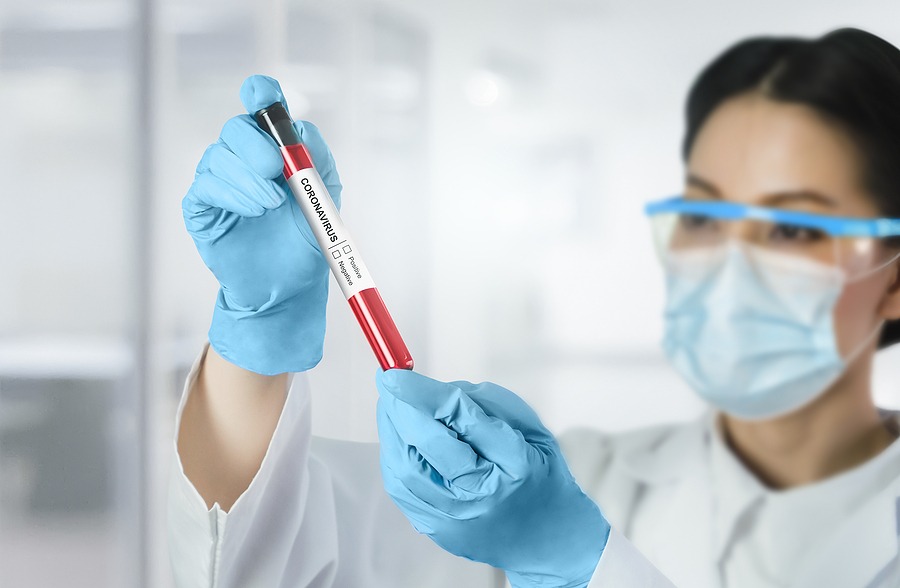
The COVID-19 vaccine candidate that has been developed by the team at Oxford University has the capacity to be up to 90 per cent effective, the large-scale trials have suggested.
BBC News reports that the vaccine, developed in partnership with pharmaceutical firm AstraZeneca, was found two have an efficacy of 70.4 per cent, meaning it stops fewer people from developing coronavirus symptoms than those made by Pfizer and Moderna which showed around 95 per cent protection.
But in trials where patients received half a dose of the vaccine initially, followed by a full dose a month later, protection provided by the Oxford vaccine stood at around 90 per cent, according to Professor Andrew Pollard, the Oxford group’s director.
More than 24,000 volunteers were involved in Oxford’s phase three trials in the UK and Brazil, half of which were given the vaccine and the rest were given a fake jab. There were only 30 cases of COVID-19 in people given the vaccine compared to 101 in the placebo group. The result also showed lower levels of asymptomatic infection in the smaller dose group
“We are really pleased with these results,” Professor Pollard told the BBC Radio 4 Today programme.
“What we have got is a vaccine that is able to protect against coronavirus disease and, importantly, there were no hospitalisations or severe cases in anyone who had the Oxford vaccine.”
The UK has placed orders for 100 million doses of the Oxford vaccine, enough to vaccinate most of the population. Health secretary Matt Hancock told the BBC the government hoped vaccination will be able to begin next month.
“The bulk of the vaccine rollout programme will be in January, February, March. And we hope that sometime after Easter things will be able to start to get back to normal”, he said.
AstraZeneca’s commitment not to profit from the immunisation makes it cheaper than its rivals from the US, £3 versus £15 for Pfizer and £25 for Moderna. However, scientists reacting to Oxford’s breakthrough described it as a ‘herculean achievement’ that three vaccines had been developed and proven effective in under a year.
The Oxford vaccine can also be stored at standard fridge temperature, which makes it easier to hold stock and transport than the Pfizer and Moderna vaccines which need to be stored at very cold temperatures, between -70ºC and -20ºC respectively.
Peter Horby, professor of emerging infectious diseases and global health at the University of Oxford tweeted: “Oxford jab is far cheaper, and is easier to store and get to every corner of the world than the other two.”
Sarah Gilbert, professor of vaccinology at the University of Oxford, and architect of the vaccine, said the announcement takes the nation one step closer to the end of the devastation caused by the coronavirus.
“We will continue to work to provide the detailed information to regulators. It has been a privilege to be part of this multi-national effort which will reap benefits for the whole world,” she said.
If you’re looking for recruitment agencies for science graduates, then get in touch today.